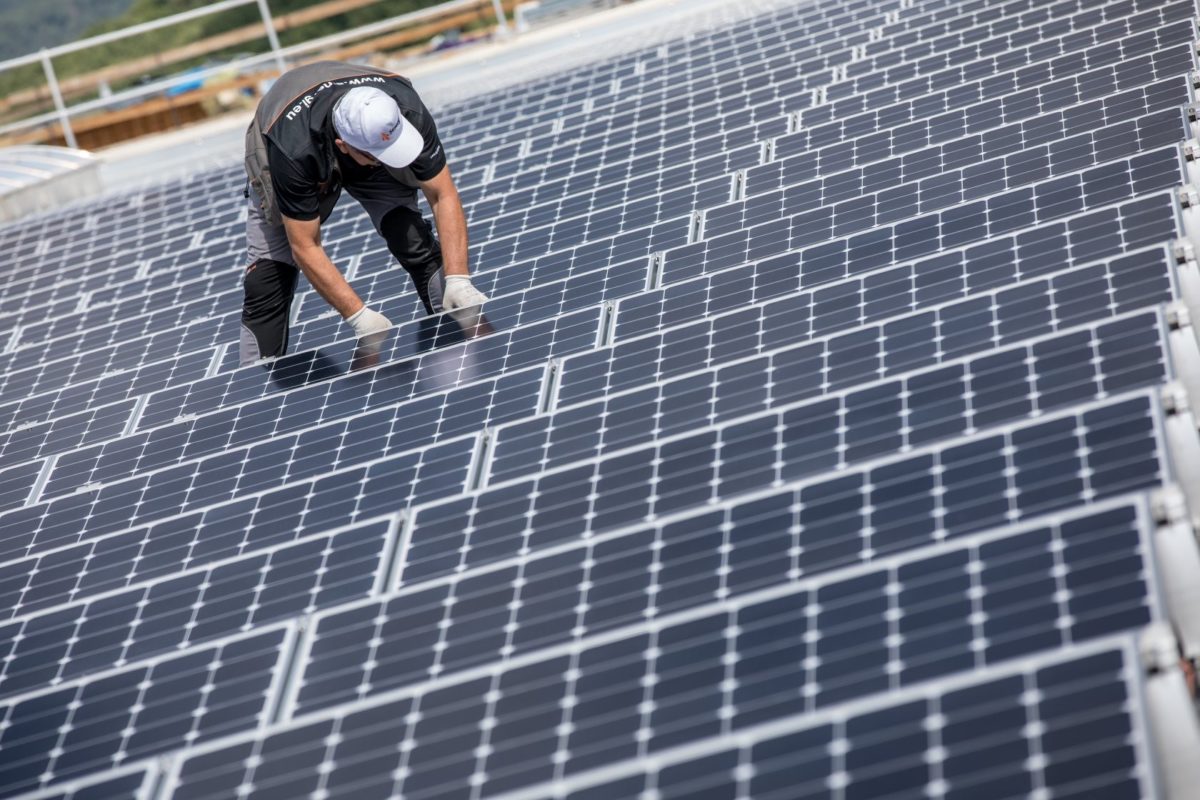Maxeon, which sells in Australia under the SunPower Maxeon brand, said a third-party study to assess the energy pay-back time (EPBT) for its Maxeon 3 panels had confirmed the energy produced over the technology’s lifetime far exceeds the energy required in its production.
Maxeon said it had engaged an external consultant to assess its technology’s EPBT, which is the period required for a renewable energy system to generate the same amount of energy that was used to produce the system itself.
The EPBT assessed the cumulative energy demand (CED) over all the life cycle stages of the Maxeon 3 panels and considered local grid efficiencies for different global locations, including Australia.
The test found that Maxeon 3 solar panels had an energy payback period ranging from 0.13 to 0.45 years for ground-mounted modules, and 0.27 to 0.92 years for a residential rooftop system.
Spread over the 40-year performance warranty on the panels, the energy output exceeds the energy demand of manufacturing by more than 100 times over its lifetime, marking a significant milestone for the sustainability of PV technology.
“We are delighted with the progress Maxeon has made in the past year and look forward to Powering Positive Change in a sustainable and innovative way,” Maxeon chief legal officer Lindsey Wiedmann said.
“As a solar company, we have a responsibility to fight climate change and must continue to innovate to impact on communities around the world and to continue to generate long-term value for our employees, customers and stakeholders.”
The results are included in the company’s latest Sustainability Report which also provides a detailed overview of the company’s Environmental, Social and Governance (ESG) achievements, initiatives, and future plans. The 96-page report also outlines the company’s 2025 and 2030 long-term ESG targets.
“Maxeon strives to maintain its sustainability leadership position in the solar industry by continuing our development of more efficient, sustainable and longer-lasting panels that can ensure easy access to solar for all,” Maxeon chief executive officer Jeff Waters said. “As more countries and corporations pledge to achieve net-zero emissions, renewable energy will play a pivotal role in enabling this transition. Maxeon is delighted to be a key player in the race to achieving net-zero by supporting the growing demand for solar energy coupled with social and governance best practices.”
Maxeon said it delivered 899 MW of solar panels in 2021 which led to more than 52 million tons of carbon emissions abatement for the year.
It also committed to decreasing both the energy intensity and carbon intensity of manufacturing its panels from 2020 levels by 10% in 2025 and 20% in 2030.
Maxeon, which introduced a 40-year solar panel warranty in early 2022, also revealed that the maximum number of defective parts per million (DPPM) in sales contracts had declined from 2,000 in 2020 to 187 in 2021.
This content is protected by copyright and may not be reused. If you want to cooperate with us and would like to reuse some of our content, please contact: editors@pv-magazine.com.









By submitting this form you agree to pv magazine using your data for the purposes of publishing your comment.
Your personal data will only be disclosed or otherwise transmitted to third parties for the purposes of spam filtering or if this is necessary for technical maintenance of the website. Any other transfer to third parties will not take place unless this is justified on the basis of applicable data protection regulations or if pv magazine is legally obliged to do so.
You may revoke this consent at any time with effect for the future, in which case your personal data will be deleted immediately. Otherwise, your data will be deleted if pv magazine has processed your request or the purpose of data storage is fulfilled.
Further information on data privacy can be found in our Data Protection Policy.